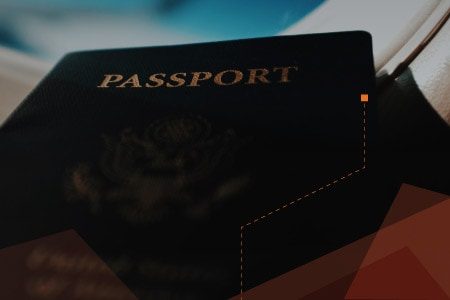- Do we need to translate the serving document?
Basically, you should serve the document with Hague compliant method rather than the private serving. You must translate the document as well if you’d like to do it with a formal manner.
Japan is not based on common law. There is no process service system in Japan. Legal documents must be served via post office in Japan by law. There is a good chance that the private service like our service won’t work well for a middle size or bigger company. Their attorney will simply neglect it and invalidate it at the Japanese District Court due to the plaintiff not complying the Hague Convention. In that case, the client has to serve the document with Hague method. So there is a good chance that the client will waste time and money for this.
You should better suggest the client contact a Hague attorney instead of process servers or simply serve it to their local subsidiary company.
We will take on this case only when both parties agree to the private service method where the defendant will never complain to the Japanese court.
- Can you service divorce papers in Japan?
Yes. But please be advised that due to the Hague Service Convention (https://en.wikipedia.org/wiki/Hague_Service_Convention), officially you have to translate all the documents and deliver the process through the central authority which is the Ministry of Foreign Affairs in Japan.
If the respondent is evasive, he or she can file a claim to a Japanese local court and revoke the validity of the personal service. In that case, the plaintiff has to do it again based on the Hague Service Convention compliant method.
- Can you serve a process to someone on the US military base?
We have an experience of serving a process from a US court to a person stationed on the US military base in Japan.
But since noone is allowed to enter the US military base without permission, we need to have an appointment with the respondent or their supervisor before visiting there.
In other words, it is not possible to serve a document to the US military base who is evasive to our service.
Service of Process
by Japan PI
Legal Process Service in Japan
This page is intended to help those who wish to serve legal documents in Japan.
Please be advised that personal services are not legally admitted in Japan. All legal documents must be served by the post office. Therefore, you should serve a document with a method in compliance with the Hague Service Convention. Please refer to the HCCH Service Section under “Formal Process Services.”
If the respondent files a complaint in a Japanese court, it will be invalidated. Therefore, you should choose to do this only when the respondent agrees to receive the process through personal service.
These include, for example:
- Serving divorce papers from a foreign court to an individual in Japan.
- Serving a summons or a subpoena from a foreign court to an individual or company in Japan.
Serving Process in Japan - Official process service through MOFA
International

Process Service In Compliance With Hague Convention

How Does Service of Legal Documents Work in Japan?
How Does Service of Legal Documents Work in Japan?
In many foreign countries, legal documents must be hand delivered by civilians, process servers, or private investigators. However, in Japan, official papers like summons or subpoenas must be served by certified mail (Japan Post Office).
The official way to serve international documents is Hague Convention compliant service through the MOFA (Ministry of Foreign Affairs in Japan). This process takes about 2 to 3 months to complete, but it is the most legitimate method of process services and will not pose any legal issues in the latter part of your legal proceedings.
Personal delivery is NOT illegal In Japan.
However, if the respondent questions the validity of the acquisition of the documents in the Japanese court, it could potentially be revoked. A personal service also poses an issue if you wish to enforce a court order in Japan.
Supplementary Process Service
How We Can Help
Supplementary Process Service
How We Can Help
We do NOT recommend solely using private investigators (process servers do not exist in Japan) to serve legal documents in Japan.
However, we offer the following cases:
- Locate the address of an individual in question whose current address is unknown.
- Conduct direct personal services to a respondent who agrees to go for legal proceedings in a foreign country.
- Carry out supplementary process services to expedite the jurisdiction process along with the official serving. (As a personal service, we can present the official documents as proof from the MOFA to the respondent to make a plea deal.)

Service of Process Fees
Due to local investigations, fees will vary for Service of Process outside of Tokyo.
Please check the Japan PI Pricing Page for more details.
